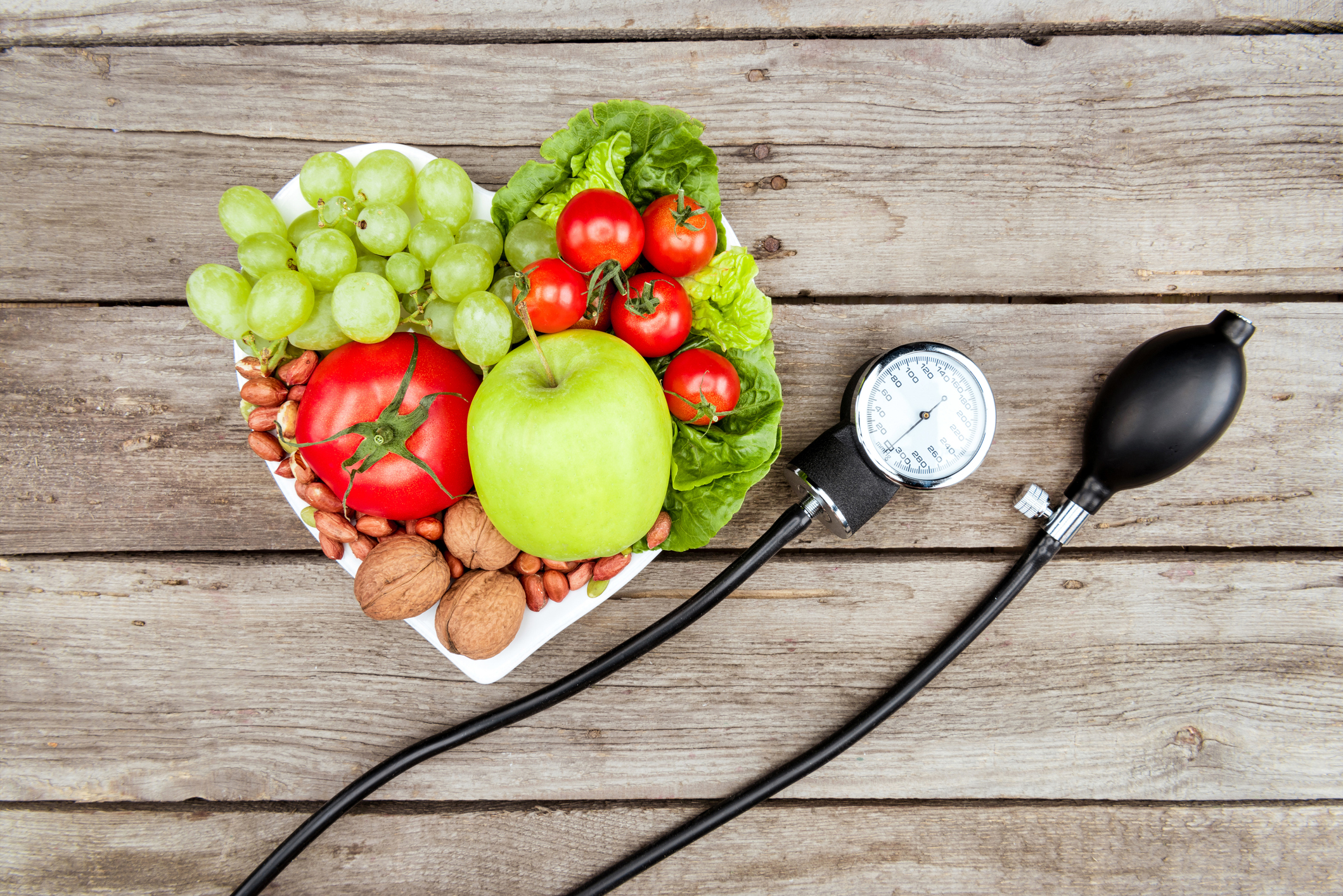DASH Diet Linked to Lower Risk of Gout
Gout is caused by an accumulation of uric acid crystals in the joints and other tissues. Over time, these crystals can lead to painful attacks of gout, typically beginning in the big toe. The relationship between gout and kidney disease is two-fold, those with gout are 83% more likely to have kidney disease and those who have kidney disease are more likely to suffer from gout. Since the kidneys typically process uric acid, those with decreased kidney function will have a more difficult time eliminating excess uric acid. Typical treatment of gout includes taking uric acid-lowering medications, however many of these [...]






